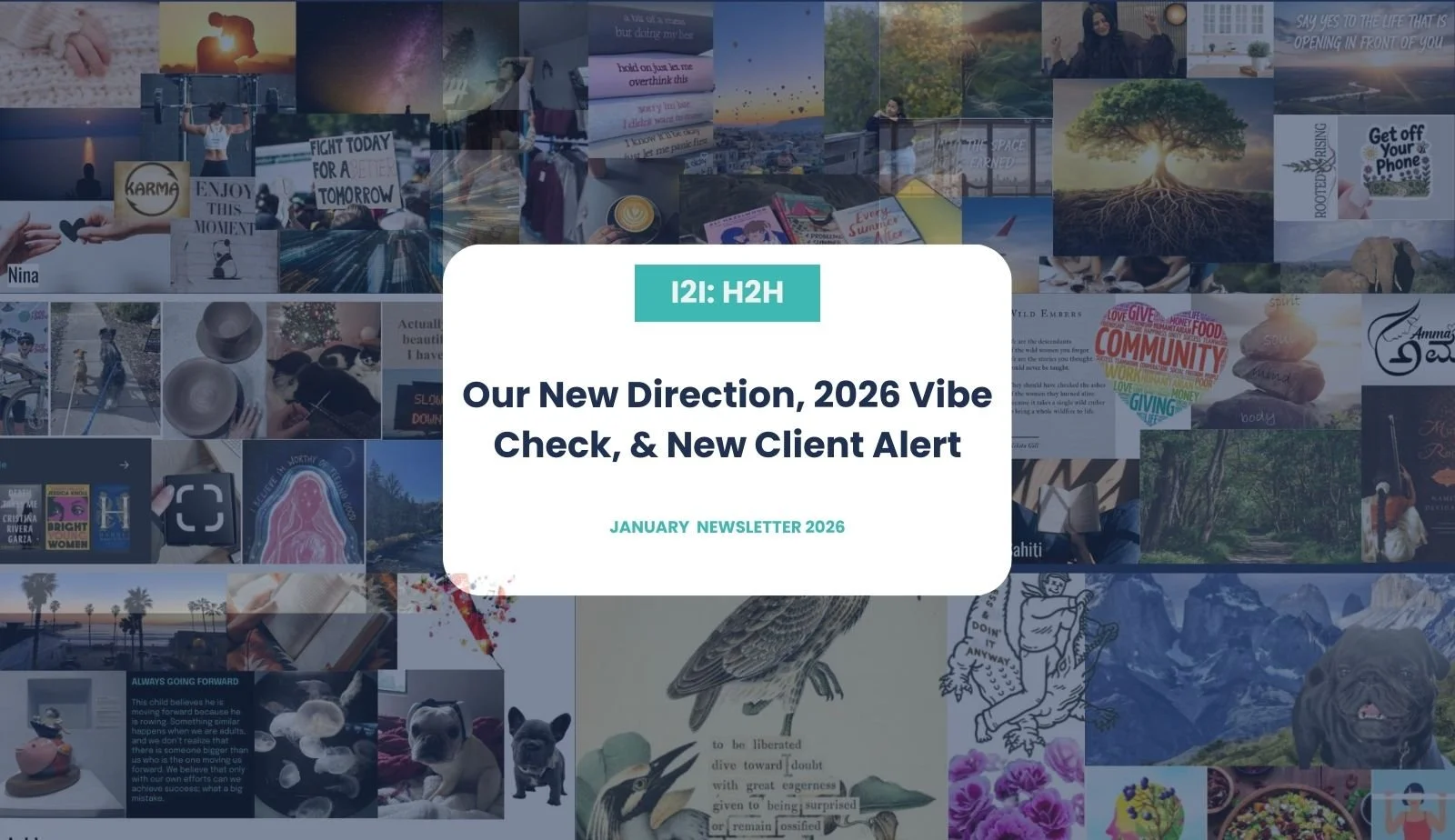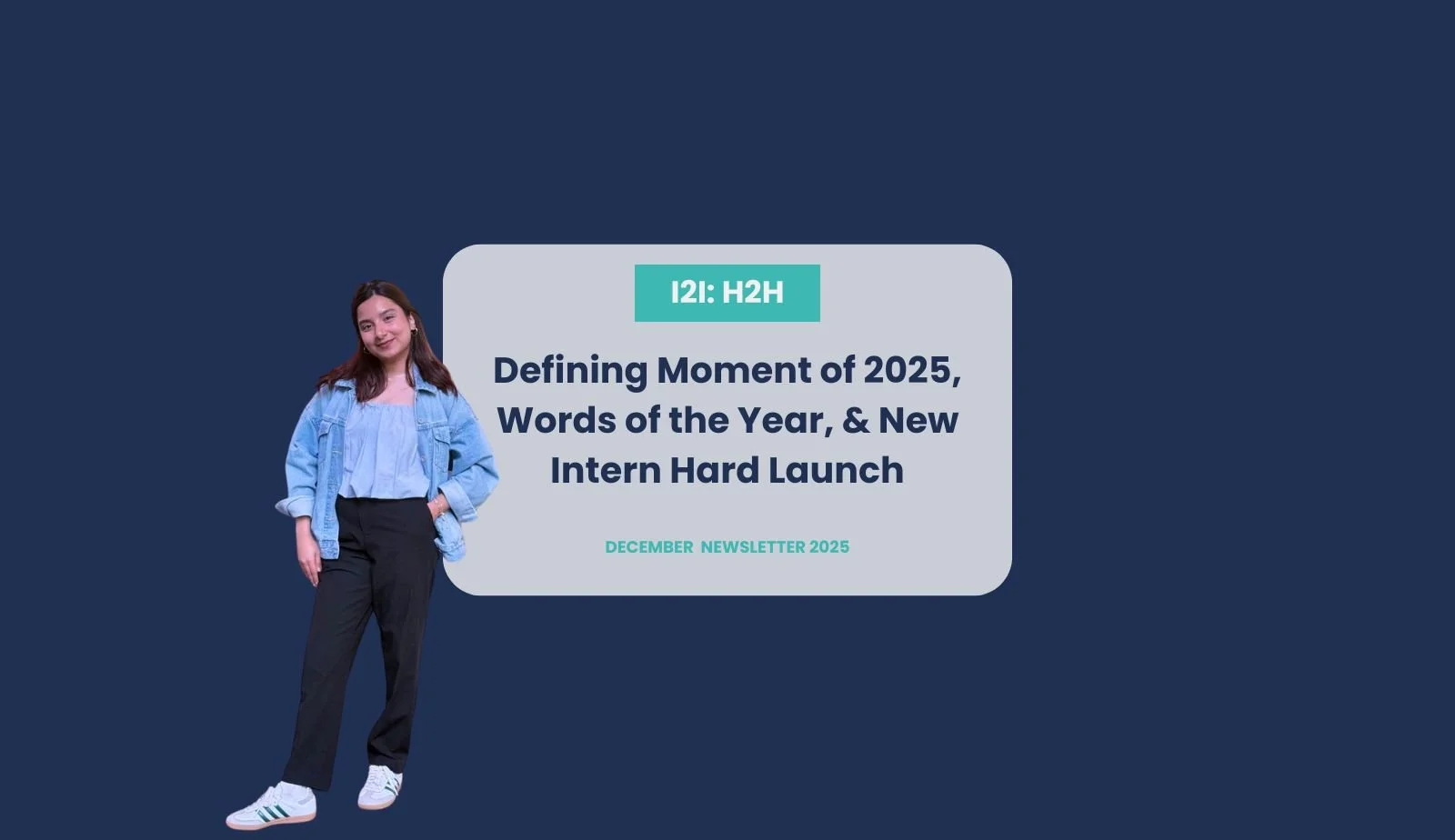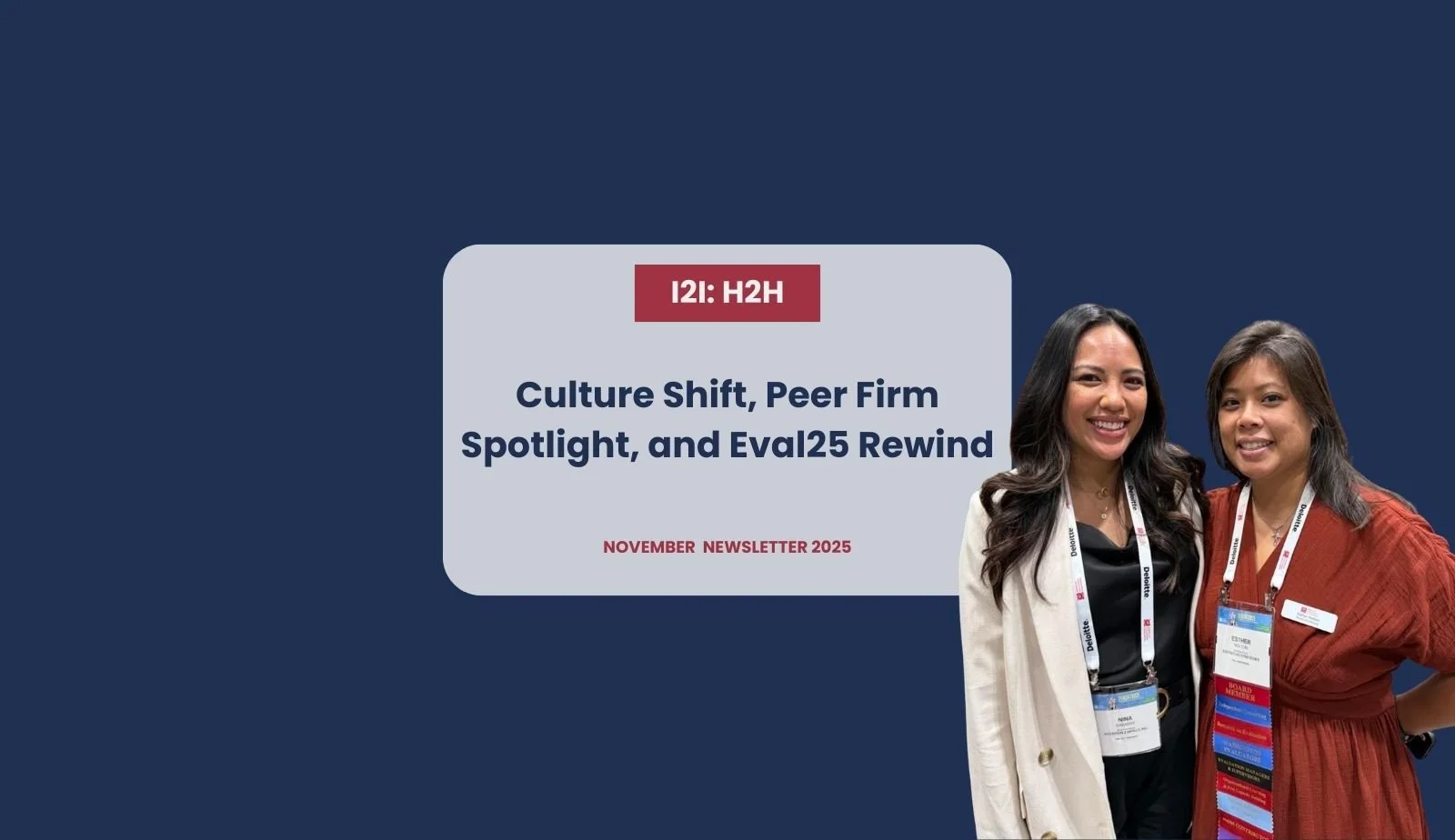I2I’s Heart-2-Heart on Storytelling as Healing, Supporting Black-owned Biz, & I2I in the Press
Welcome to another installment of Intention 2 Impact’s Heart-2-Heart — our monthly newsletter where we share what’s on our mind, in our hearts, and up our sleeves.
This month we are reflecting on the healing power of story, celebrating Black Business Month, and sharing a recent I2I publication in Impact Alpha (and giving y’all a paywall-free link).
Before we get into this month’s hot dish, please cue a round of “happy birthday" to this newsletter (the Stevie Wonder, of course) 🥳. This issue marks our 3rd year of producing this newsletter, which is a whopping 36 monthly installments. Thank you to all for being a part of I2I’s community!
On Our Minds
Storytelling for Healing: Lessons from CHF Symposium
Earlier this month, Kathleen Doll and Emma Hamrick headed to Keystone, CO for the Colorado Health Foundation’s annual Symposium. Against the backdrop of the Rocky Mountains, CHF brought together partners, grantees, and allies for three days of learning, action, and connection under the theme: “fortifying the movement in volatile times.”
And the times sure are volatile. A powerful thread throughout Symposium was the role of narrative in shaping what’s possible in turbulent times. As keynote speaker Joy-Ann Reid reminded us, storytelling can be “our most powerful antidote to fascism.” But history (and the present) also reveals the flip side: stories used to stereotype, erase, and divide are the very fuel of injustice, and are part of what has led us to today.
Artists and storytellers at Symposium, like Kamau “DJ Ktone” Chiku-Martinez, David Breña, Jose Antonio Vargas, Jazmin Chavez, and Sarah EchoHawk, spoke powerfully about attacks on immigration, trans and gender expansive care, indigenous land rights, mental health, and the threats facing our communities today. Speaking about these issues and sharing their stories is in itself an act of resistance, of love, and an effort at dismantling the harmful narratives that are working against us.
At I2I, we’ve witnessed the impact of storytelling through partners like Hopelab Young Leaders, who are reframing how young leaders are seen and valued, and FreeFrom, who are raising survivor voices to spark systemic change. These stories don’t just reflect the world as it is, they help create the world as it could (and should) be.
But this storytelling doesn’t just magically happen. It takes intentions, heart, courage, time, and funding. The National Committee for Responsive Philanthropy recently wrote about the importance of funding data and storytelling work “like democracy depends on it.” They called on philanthropy to proactively fund narrative strategy, data infrastructure, storytellers, and artists. They cite lessons from past authoritarian crises and the power that elevating (or, as a caution, suppressing) stories can have.
While evaluation is often treated as a compliance exercise (the classic numbers and checkboxes in a spreadsheet; yuck!),when used with intention, evaluation can be one of the most versatile tools in a storyteller’s toolkit. Evaluation can surface the stories that matter, elevate voices that are often excluded, and track how narratives shift over time. Evaluation helps us move beyond “what happened” to “what meaning did it create?” and “whose story was centered?”
Evaluation, when done well, can become part of the storytelling itself, reinforcing movements with evidence, memory, and truth.
So here’s our invitation to you: What kind of storytelling are you doing, or noticing in your own work? Is it extractive, or is it healing? How is your evaluation work in service of your storytelling?
And if we take a cue from Warm Cookies of the Revolution, let’s imagine: it’s 10 years from now, and we won. We won. What does that world look like? What stories carried us there? What narratives do we need to bring forward NOW—and which ones must we urgently dismantle—to build that future?
Whatever your answers are to those questions, be sure your funding, your sweat equity, & your evaluation efforts are backing them up.
In Our Hearts
August is National Black Business Month, an annual observance to recognize and celebrate Black-owned businesses in the United States. So to acknowledge the contributions of Black entrepreneurs and support their endeavors, we’re sharing a list of our fave Black owned shops.
Yolélé: Kathleen recently purchased (and binged) their Tangy Baobab & Onion chips at Sprouts. These tasty snackies are made from “fonio”, the oldest cultivated grain in Africa, dating back over 5,000 years. Plus, we love the name, which is a Fulani term that roughly translates to “Let the good times roll!”
Hella Cocktail Co bitters and soda has recently been Emma’s new addiction. She loves a good nonalcoholic but still fun bevvy. Plus she is a sucker for anything spritz-like.
The Quarter Creole Cuisine is where you can find Sahiti when she is in Claremont CA. Sahiti vouches for everything, and says Chef Norm's story, especially the influence his mom had on his cooking, is truly heartwarming.
Maya’s Cookies have grabbed Ashlet’s attention. She is a sucker for a classic chocolate chip cookie, but she swears that their marble fudge cookie is to die for!
Kaldi's Social House is Nina’s favorite coffee shop in Arlington, VA. This trendy coffee shop features great coffee, amazing food, and a cozy atmosphere to catch up with friends or work.
The Motherload substack is at the top of Victoria’s reading list. Run by Ryan Shepard, who is a friend of Victoria’s, the emails have a wealth of family meals, toddler specific meal plans, and regular letters to subscribers that grapple with the challenges of motherhood and all that comes with. Her emails are like getting a pep talk, a hug and meal planning checked off my to do list all in one!
Up Our Sleeves
Extra! Extra! Read all about it! 📣
I2I was jazzed to be featured in Impact Alpha this past month, spotlighting our work with Hopelab Ventures, youth mental health impact investor. Our article, How better impact measurement can help capital flow to youth mental health, outlines the custom impact measurement approach we co-created with Hopelab Ventures. The measurement framework is grounded in systems thinking, equity, and tangible outcomes, enabling Hopelab Venture to pressure test and make the case that founders with lived experience are best-equipped to design effective, scalable solutions for the communities they come from.
We’re pleased to pass along the pay-wall free link to the article, so now you have no excuse not to add this article to your daily reading list.
Onward and upward, y’all!
You know, heart-2-hearts are supposed to be a 2-way street…
So comment below, what’s on your mind, in your heart, and up your sleeve? Hopefully a lil’ bit of good trouble. 😉
Subscribe to the newsletter here!
Until next time,
Intention 2 Impact






